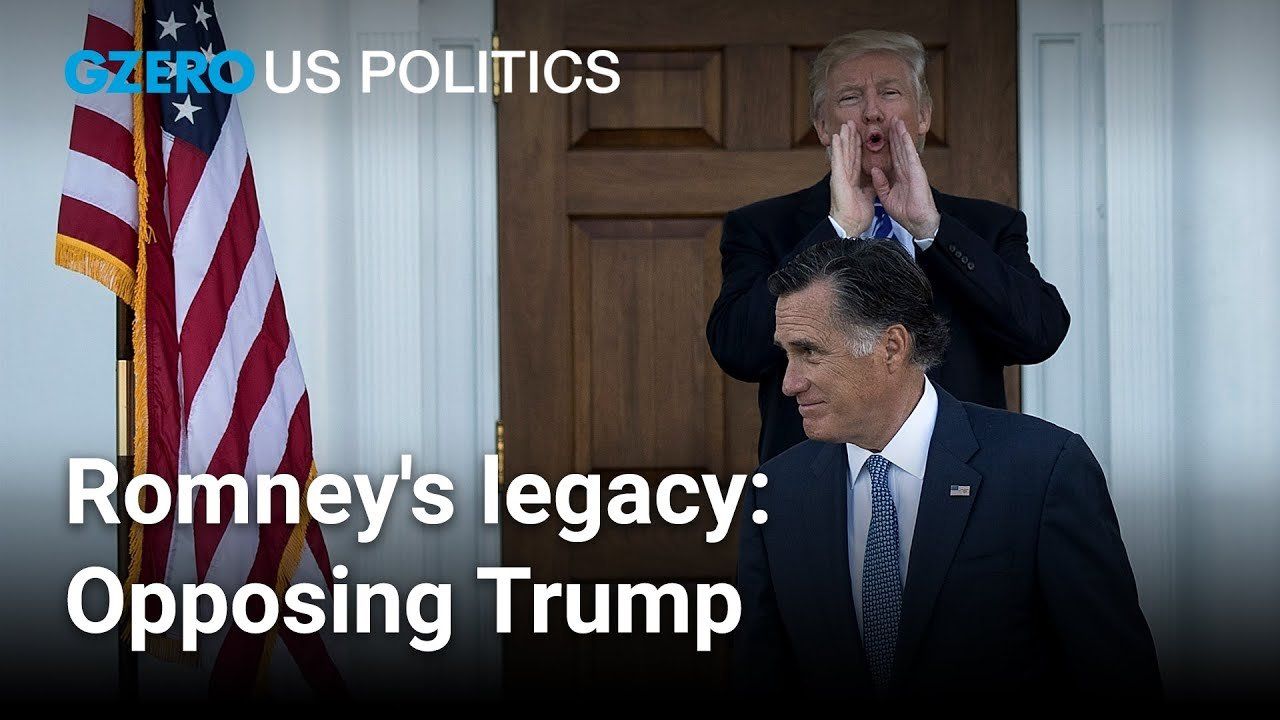
Jon Lieber, head of Eurasia Group's coverage of political and policy developments in Washington, DC shares his perspective on US politics:
Mitt Romney is retiring from the Senate. Will he be missed?
Utah Senator Mitt Romney and former Republican presidential candidate announced this week that he won't be running for reelection in the Senate to represent Utah in the next election cycle. Some people are speculating that this is because he might lose a primary challenge.
Romney remains pretty popular in his home state, but he does represent a dying breed of Republican, which is kind of a Reagan's Republican, Reagan's Republican. He's firmly from the pro-business country club wing of the party that has really been demolished by President Trump over the last several years as more populist Republicans, who have a stronger appeal to white working-class voters, have really taken over the party and trying to reshape it in President Trump's image. Romney was well-liked by some people in Washington, but not necessarily by his Republican colleagues in the Senate, where he was a bit of an oddball, supporting President Trump's impeachment, going against the tide of several other Republicans on a host of issues. And even though he ran as a conservative Republican in the 2012 nomination process that he won, he's now retiring with a reputation as a moderate Republican in today's party.
Romney always had kind of a difficult time fitting into the political world. He was obviously a businessman who was looking for ways to succeed, running as pretty liberal on issues like abortion when he was governor of Massachusetts and then positioning himself as, quote, “severely conservative” when he ran for the Republican nomination in 2012. And his legacy, however, is probably going to be mostly defined by his opposition to President Donald Trump over the last several years in his tenure as a Utah senator.
He'll probably be replaced by somebody further to the right of him. And the Senate itself is set to go through a generational transition as more of the old era Republicans start to retire and a new crop comes up. It's going to move the party in this much more populist direction.
- Romney: Sloppy classified docs "a danger" ›
- Sen. Mitt Romney on TikTok: Shut it down ›
- Ian interviews Mitt Romney: US political divisions & tough foreign policy calls ›
- Sen. Mitt Romney on DC dysfunction, Russian attacks, and banning TikTok ›
- Podcast: Mitt Romney on uncharted US waters, Russian malevolence, & China’s economic ambition ›